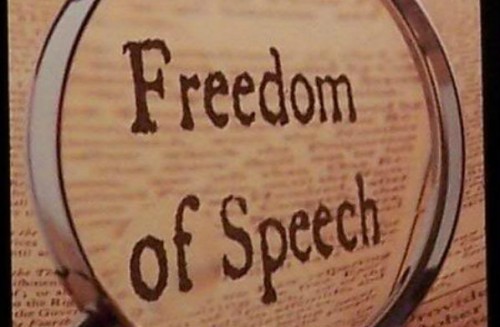

By Audrey Sawyer
TALLAHASSEE, FL – A vote earlier this month by the Florida State Senate Judiciary Committee approved Senate Bill 1780, but the Florida ACLU has charged the measure will make it easier for public officials to file defamation lawsuits against critics, “censoring speech of individuals or entities that are critical of public officials.”
Kara Gross, legislative director and senior policy director of the Florida ACLU, said, “The bill seeks to undermine decades of Supreme Court precedence and infringe upon the free speech rights of those who criticize or comment on public officials and speak out on matters of public importance. Freedom of speech and free press are the hallmarks of a healthy democracy.”
Gross said the bill weakens state laws formerly used to protect journalists and other citizens from “frivolous” lawsuits, claiming journalists will either have to expose their sources or face liability.
“Even private citizens could catch themselves in a defamation lawsuit for speaking out on social media.” Gross added. To Gross, defamation would expand to include even a “single utterance on the internet.” As a result of the bill, defamation actions would no longer require proof of actions of malice.
The other bill passed by the committee is Senate Bill 1788. Both bills (and respective House companion bills of House Bills 1 and 757) are opposed by the Florida ACLU.
SB 1788 requires any individual (adults as well) to verify their ages by including a photo identification or other methods of identifying documents not only before using existing accounts on social media, but also for creating any new accounts.
The bill states that minors (anyone under age 16) are unable to create social media accounts on certain platforms (existing accounts are deleted, regardless of previously provided parental permission).
Gross, on SB 1788, said, “The bill is a government censorship bill aiming to stifle freedom of expression online by requiring all users, adults included, to verify their age using photo identification or other similar documentation.”
Gross argues, “Age verification requirements both relax speech and simultaneously threaten the privacy of adults. Because of this bill, adults now have to sacrifice their anonymity in order to participate in constitutionally protected speech.”
Gross said both bills threaten the “very core of democracy.” 



